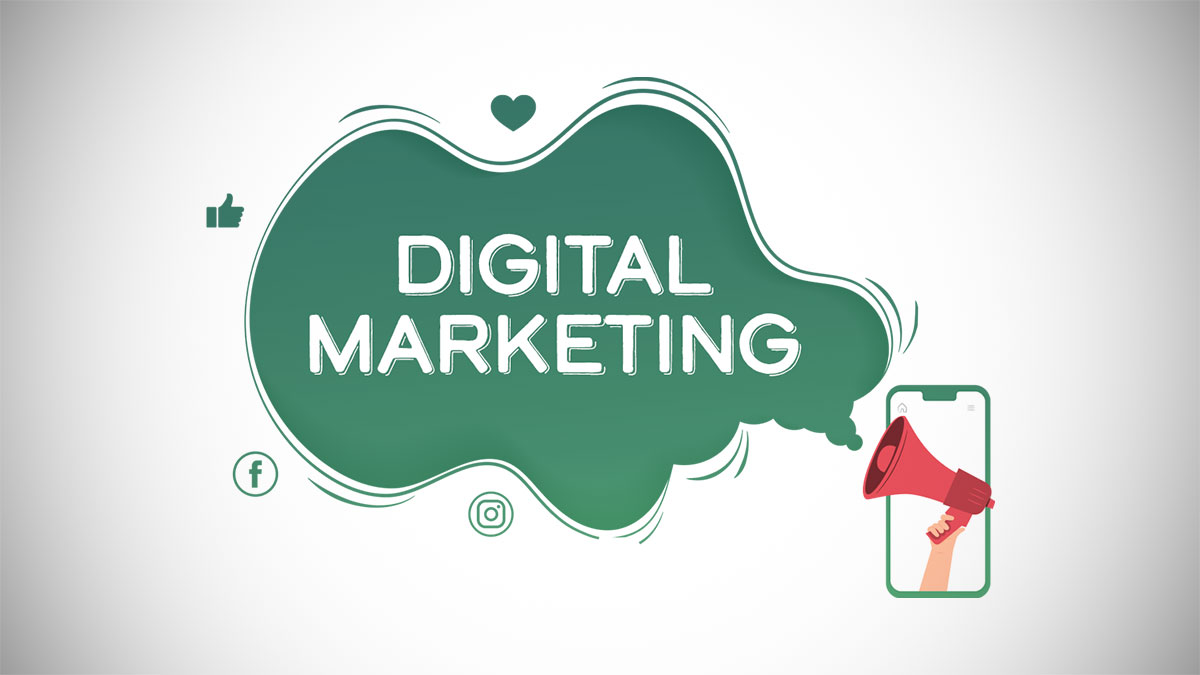In today’s digital age, it is crucial for businesses to have a strong online presence to reach their target audience effectively. Digital marketing is the art of promoting products or services through digital channels like search engines, social media, email, and websites. In this beginner’s guide to digital marketing, we will discuss some tips and tricks to help you get started.
To Gain a Deeper Understanding: How important is online reputation
Know Your Target Audience
Before you start any digital marketing campaign, it is essential to understand your target audience. Knowing your audience’s demographics, interests, and behaviors can help you tailor your message to their needs and interests. This information can be collected through customer surveys, social media analytics, and website analytics.
Develop a Strong Brand Identity
A strong brand identity is essential to digital marketing success. Your brand identity includes your logo, color scheme, messaging, and tone of voice. Consistency is key when it comes to branding. Make sure all your digital marketing efforts align with your brand identity and values.
Build a User-Friendly Website
Your website is the face of your business online, and it should be user-friendly, responsive, and easy to navigate. A well-designed website can help you generate leads and drive conversions. It should be optimized for search engines and mobile devices and have a clear call to action.
Search Engine Optimization (SEO)
Search Engine Optimization (SEO) is the process of optimizing your website to rank higher in search engine results pages (SERPs). It involves optimizing your website’s content, technical aspects, and off-page factors like backlinks. SEO is a long-term strategy that requires consistent effort, but it can yield significant results in the long run.
Content Marketing
Content marketing is the practice of creating and sharing valuable content to attract and retain a target audience. It can include blog posts, infographics, videos, social media posts, and more. Content marketing is an effective way to build brand awareness, establish your authority, and generate leads.
Social Media Marketing
Social media marketing involves using social media platforms like Facebook, Twitter, and Instagram to promote your business. It can include organic social media posts, paid social media advertising, and influencer marketing. Social media marketing can help you reach a large audience and build relationships with your followers.
See also: Boost Your Digital Marketing ROI with These Proven Strategies
Email Marketing
Email marketing involves sending promotional messages to a group of people via email. It can include newsletters, promotional offers, and customer loyalty programs. Email marketing can be an effective way to keep your customers informed and engaged.
Pay-Per-Click (PPC) Advertising
Pay-per-click (PPC) advertising involves paying for each click on an ad that leads to your website. It can include Google Ads, social media advertising, and display advertising. PPC advertising can help you reach your target audience quickly and generate leads.
Analytics and Tracking
Analytics and tracking are essential to digital marketing success. They help you measure the effectiveness of your campaigns and make data-driven decisions. Google Analytics is a popular tool for tracking website traffic and user behavior. Social media analytics tools like Hootsuite and Sprout Social can help you track engagement and measure the success of your social media campaigns.
Stay Up-to-Date with Trends and Best Practices
Digital marketing is an ever-evolving field, and it’s crucial to stay up-to-date with the latest trends and best practices. Attend industry events, read industry blogs, and follow digital marketing thought leaders to stay informed. Joining online communities and participating in online discussions can also help you stay up-to-date.
In conclusion
Digital marketing can be a complex and challenging field, but it’s also an essential one for businesses looking to succeed in the digital age.
